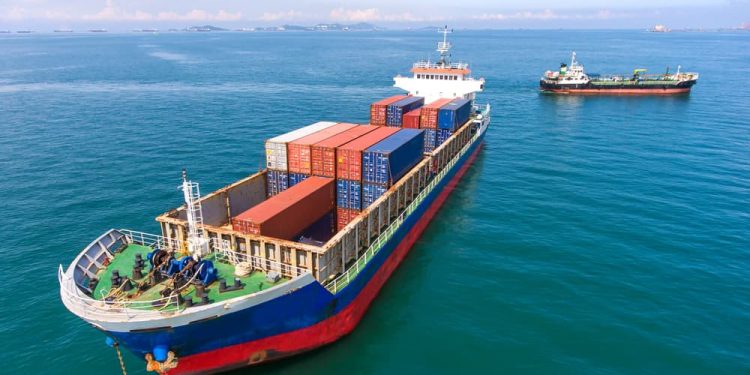Johannesburg: A Preferential Trade Agreement (PTA) between India and the South African Customs Union countries will enhance future partnerships as the region has emerged as an important partner for India, both as an export destination and an import source, according to a report from the India Exim Bank.
South African Customs Union (SACU) is a customs union among five southern African countries – Botswana, Eswatini, Lesotho, Namibia, and South Africa. Established in 1910, SACU is the world’s oldest customs union.
These countries are also part of the Southern African Development Community (SADC), together with Angola, the Democratic Republic of Congo, Malawi, Mozambique, Tanzania, Zambia and Zimbabwe; as well as the island nations of Mauritius, Seychelles, Comoros, and Madagascar.
India has been trading with SADC for many decades and its trade deficit with SADC recorded USD 5.4 billion in 2021, the report said.
But this could change significantly if the India-SACU PTA was concluded, it added.
“The ongoing talks for Preferential Trade Agreement (PTA) between India and the SACU countries have set the stage for enhancing future partnership between India and SACU. The PTA is aimed at cementing and expanding the burgeoning trade relations between India and the SACU member countries,” the report said.
The first round of talks for the lndia-SACU PTA took place in Pretoria in 2007, followed by four further rounds in Namibia, New Delhi and Pretoria again until 2010.
At the last round, SACU presented a revised text of the PTA as a working document. But discussions were then stalled for the next decade before they were revived in 2020, only to be halted again by the COVID-19 pandemic.
The report said that aligning India’s exports with SACU would be critical to the success of any PTA.
“A PTA/ FTA will only be beneficial if there exists complementarity between the export supply of one country to the import demand of the other country. In other words, whatever India is exporting, SACU should have a corresponding demand for it and vice-versa,” the report said.
“It is generally understood that complementarity in the trade structure of the countries facilitates higher trade between them and there is scope for mutual benefit from this increased trade,” it said.
Over the past decade, there has been a considerable rise in trade between India and SACU, with South Africa in particular.
“India is an important trading partner for SACU, accounting for 8.9 per cent of total exports of SACU and supplying 5.9 per cent of total imports of SACU in 2021,” the report said.
“India’s exports to SACU increased from USD 5.1 billion in 2012 to USD 6.4 billion in 2021. Similarly, India’s imports from SACU increased from USD 8.2 billion in 2012 to USD 12 billion in 2021,” it said.
India had a trade deficit of USD 5.6 billion in 2021 with SACU, mainly in commodities including pearls, precious stones and metals, mineral fuels and oils, copper and articles, and ores, slag, and ash, among others.
The report said that within SACU, India had a trade deficit with South Africa (USD 5.1 billion), Botswana (USD 332.7 million), and Eswatini (USD 260.3 million) in 2021. A total of 93.4 per cent of India’s exports to SACU are destined for South Africa, while 92.2 per cent of India’s imports from the region originated from South Africa.
The report added that India’s exports to SACU are relatively diversified with refined petroleum, motor vehicles, pharmaceuticals, light vessels, fire floats, floating cranes and other vessels, and unmounted diamonds being the biggest exports in 2021.
India’s imports from SACU are raw primary or semi-processed commodities.
Half of the Indian imports from SACU consist of natural or cultured pearls, precious or semi-precious stones and metals, with unwrought gold, unworked non-industrial diamonds and platinum.
Trade with the small island nation of Mauritius was punching above its weight, largely because of the tax incentives it offered.
“As Indian companies have become globalised, many have chosen either to use their locally incorporated subsidiaries abroad to invest, establish holding companies and/or special purpose vehicles, or other regional financial centres, in countries like Mauritius, which give tax benefits to raise funds and invest in third countries,” the report said.
PTI






































